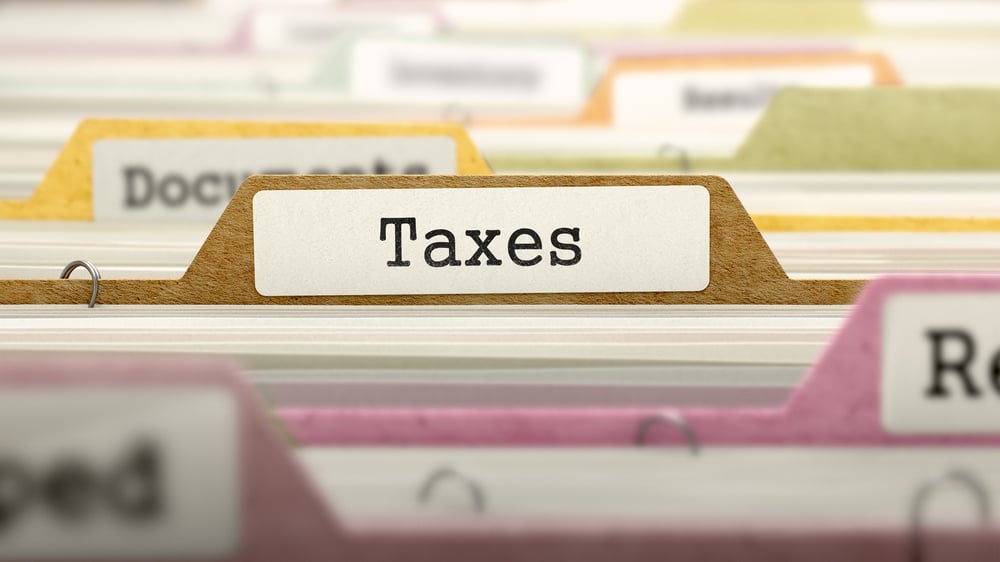

Charity auctions are a popular way to support nonprofit organizations, but did you know your participation might come with tax benefits? Whether you’re donating an item or bidding on one, certain conditions determine whether you can claim a deduction. You need to ask the following question: Are auction items tax deductible? Let’s break it down.
Donating items to a charity auction can be rewarding, and you may even be eligible for a tax deduction. However, the IRS sets specific rules for this:
Exempt Purpose: For you to claim a deduction for the full fair market value of your donated item, the charity must use it for its mission. Unfortunately, selling the item at an auction doesn’t qualify as an exempt purpose.
Tax Basis Limitation: If the charity sells your donated item at auction, your deduction will generally be limited to the item’s tax basis—essentially, what you originally paid for it. For example, if you donated a painting you bought for $200, you can only deduct that $200, even if it sells for $1,000.
When purchasing items at a charity auction, you can potentially deduct part of what you paid:
Fair Market Value Rule: If you pay more for an item than its fair market value, the difference can be deducted as a charitable contribution. For example, if an auction lists a fair market value of $50 for a piece of artwork, but you pay $100, you can likely deduct the extra $50.
Documentation: Be sure the charity provides a receipt with the item’s fair market value and the amount you paid. This will help when claiming your deduction.
Many charities are cautious about assigning value to auction items because they don’t want to misstate their worth. Typically, they’ll provide a receipt that includes:
So, what exactly is fair market value? It’s the price an item would sell for between a willing buyer and seller, both having full knowledge of the facts and not being pressured into the sale. If you paid more than this value, you can claim the difference as a deduction.
You can estimate fair market value by researching similar items or consulting an appraiser. Just be sure to keep any documentation, as the IRS may request proof of your deduction.
It’s important to know that donations of “unrelated use property” face stricter limits. Under Treasury Regulations Section 170, if the donated item doesn’t directly support the charity’s mission, your deduction is limited to the tax basis, not the fair market value.
For example, if you donate a vintage guitar to a charity that provides housing services, the sale of that guitar would likely be considered an unrelated use, limiting your deduction to what you originally paid for it.
While participating in charity auctions is fun and supports a good cause, it’s important to understand the tax implications. For more details, consult with a tax professional before claiming any deductions.
Are you looking for more information about charity auctions and tax deductions? Check out the IRS guidelines on charity auctions here.